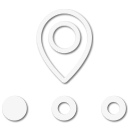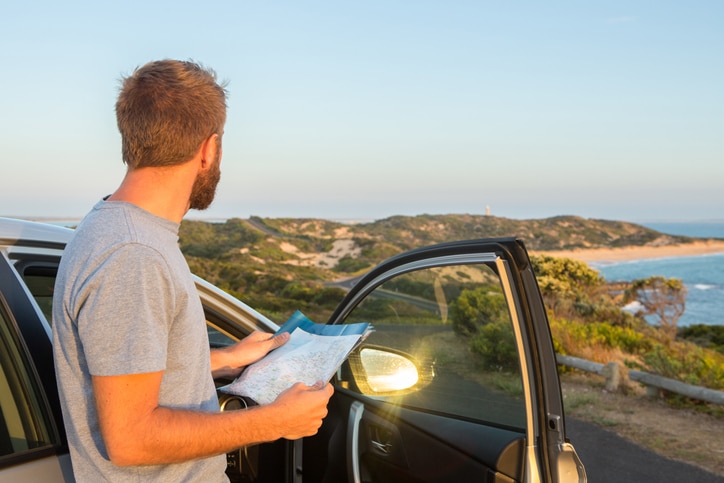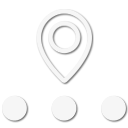After reading this article in the "Art of Manliness," many of his points don't make sense.
1. Paper maps never lose power or wireless signal.
The author must be a Luddite who appears to have no idea how GPS and modern mapping software work on portable devices. By downloading appropriate maps and layers, I have accurate up-to-date routing data at my fingertips at all times regardless of wireless or cellular service. What is lost is real-time traffic data, which can be a major problem. Guess what? Paper maps may take you the quickest way, based on the accuracy of the map at the time is was produced, but I'll go with current data every time. A straight line is not always the quickest way in modern navigation.
2. Paper maps are safer and less distracting than GPS.
You have got to be kidding. Try using a paper map in LA traffic when you are by yourself. I will stick with turn by turn directions on my Apple CarPlay telegraphed by haptics to my Apple Watch any day of the week and keep my eyes on the road. Not to mention that online traffic data allows me to re-route on the fly and avoid congestion, accidents, etc.
3. Paper maps can get you to your destination faster than GPS.
See above. I know we are talking about overlanding, but there is no way that a paper map gets you to your destination faster that GPS integrated with Google or Apple Maps and real time traffic data. I call BS. Remember this when you are sitting in a "parking lot" on the I-5 and ignored the re-route.
4. Paper maps create indelible mental maps.
Could be true. I would have to look critically at the psychologist's research and methods to see if there was any validity to this. May be true in one's hometown, but not in point-to-point navigation. Guess what, when I'm planning an overland trip, I pay attention to a "paper" digital map with up-to-date topography, satellite and real-time data in determining my route, and let GAIA keep track of where I am as I'm traveling so that I can keep my eyes on the road. With CarPlay integration, I can look at the data on my car screen, zoom in and zoom as needed to look at the "big picture."
5. Paper maps provide a more detailed, expansive, big-picture lay of the land.
I can't see how a static map can beat the expansive view of my overlanding route on my 27 " monitor with up-to-date layered topographic, weather, cellular, satellite, etc. data. When on the road, all the key data and layers have been downloaded to my Apple Phone and iPad and readily accessible, if not as expansive as the desktop.
6. Paper maps make you an active, autonomous participant in the skill and art of navigation.
No argument here. I'm skilled with map and compass after decades of backcountry travel. I just find that modern mapping and GPS technology makes navigating so much more accurate. I take paper maps and compass when backpacking. I also have my inReach, Apple Phone (in airplane mode), using Earthmate with full downloaded maps to actually get around. With a modern battery backup, I can go for a week or more if I only turn on my devices when I need them.
7. Emerging Reason: Paper maps may help stave off dementia, improve your memory, and enhance your ability to imagine the future.
The operative word in his analysis is "may." Correlation is not causation. I would have to really look at the methods and quality of the research to make any assumptions in this area. I suspect that these specific researchers are chosen because they confirm the author's bias. A simple google search demonstrates that this is a topic of debate among neurologists and researchers, and there is a lot of opinion on both sides of the argument.
Anyway, just my take on the article. Your mileage may vary.











